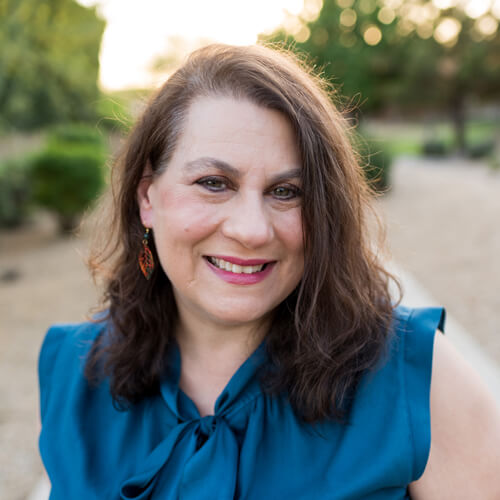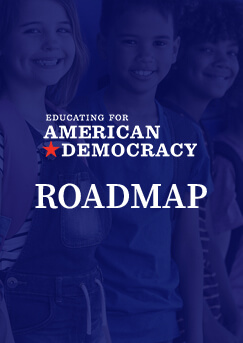The Call
by Alondra Bobadilla, Boston’s Youth Poet Laureate
Sound the bells in the public square!
Make way, make way!
For from the Heavens a time of restructuring has come
For the cries for justice from the Earth have ruptured and exposed the imperfect systems
and a window of weeding has been allotted to us.
An opportunity to uproot,
to tend to the land and plant a new harvest for the generations to come.
No more room for half-hearted conversations
and quick advertisements,
band aids of sympathy on systemic problems.
No more room for silent submission in the classroom,
to the timeline and the apathy,
as a war for the people erupts on the outside
and the youth foam at the mouth
hungry to speak from every perspective,
they have chantings growing in their bellies
waiting for the moment,
and the moment has arrived.
But the moment has been bittersweet,
as the discussion that should have commenced with understanding and openness in the classroom
is unharnessed, unforgiving outcries in the square
Will we allow the same anger that the generations of old carried be transferred?
Or will we,
do as the times have called,
sit and ponder the plain realities,
the disturbing questions of ancient keeping the nation at war with itself,
from every side of the spectrum,
we take our places in this conversation.
The table has been set.
The disaffected have rolled in the chairs
and the youth prepared the room.
All that it needs is people to take their seats
and speak what no human ear has heard before.
Talk between opposing opinions
that actually turns into strategy
and strategy into impact,
and impact,
into a better future.
Written for the Educating for American Democracy initiative and premiered at the National Forum.
Watch it in the National Forum recording at the 1:41:23 minute mark.










